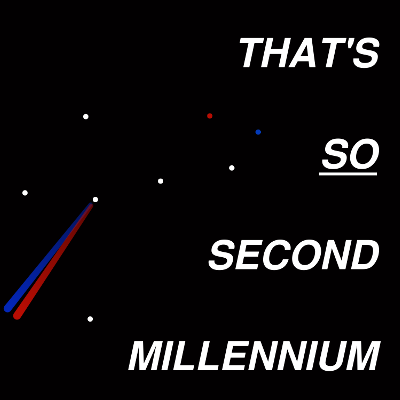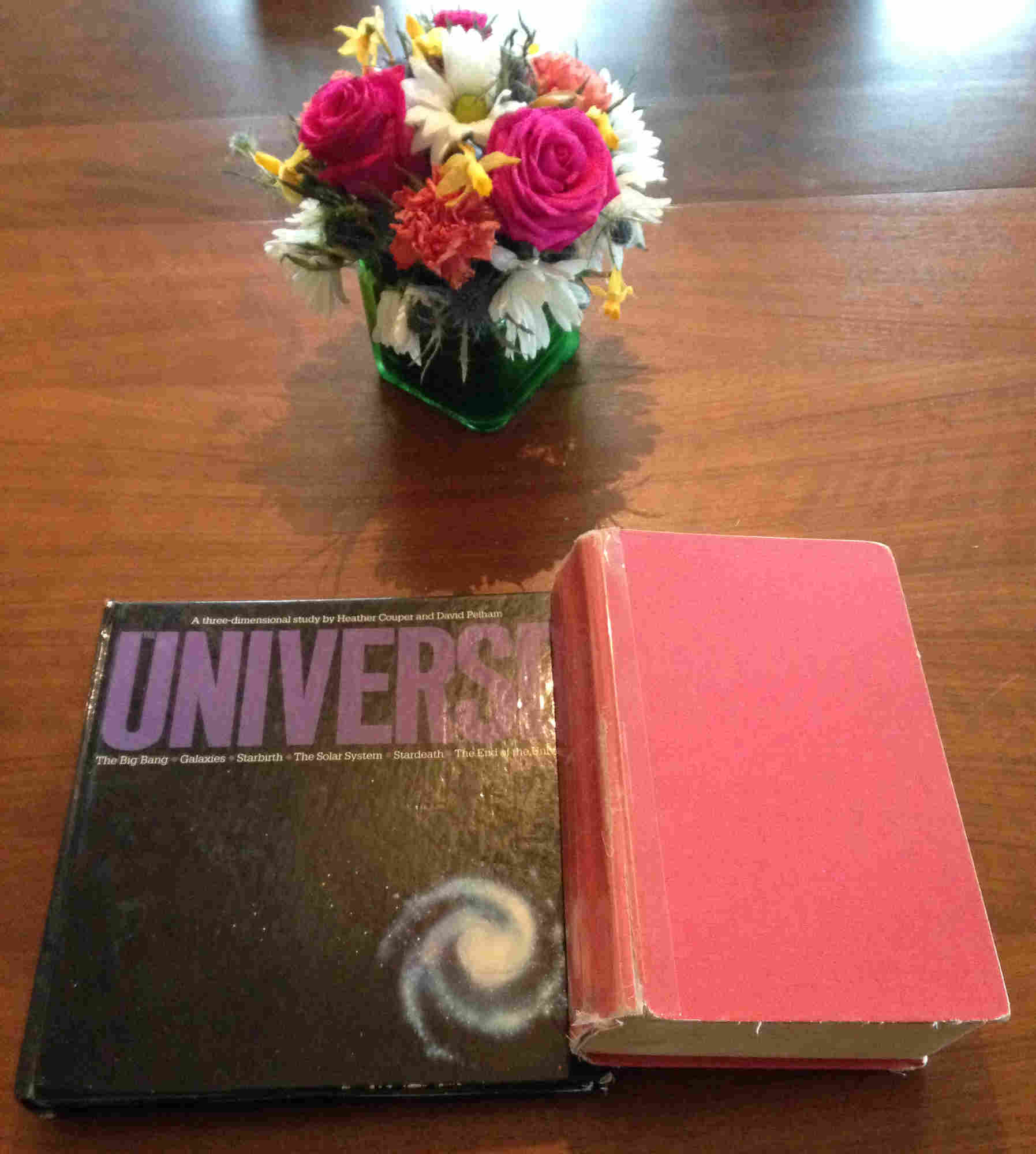Episodes

Monday May 07, 2018
Episode 006 - Evolution in Christianity and Geology
Monday May 07, 2018
Monday May 07, 2018
We follow up on last episode's promise to talk a little more about evolution. Evolution literally comes from the Latin "to turn outward" and had a huge meaning cloud. One classic image it might evoke is that of a flower bud opening and the petals turning outward to reveal the whole flower.
This is not an alien concept to religion, and certainly not to Christianity. The moment you take the Christian scriptures as a set of texts written by real people scattered across over a millennium of history, you have to accept that God's revelation has unfolded over time. Evolution has mileposts, and the time before the scriptures began to be written, the time during which they were written, and the time afterward are all marked off by mileposts just as the time before and after, say, multicellular life first evolved is different. There is no going back.
Paul takes the excuse to geek out a bit about how minerals evolve as well. The fairly averaged, semi-homogenous solar nebula that gave birth to the Sun and planets condensed into particles, a few of which collected into the rocky planets like Earth and Mars. From their original fairly undifferentiated state, these planets evolved by segregating out a core full of reduced metallic iron, while the surface was irradiated by the Sun and oxidized. On Earth the process led to even more evolution of minerals as its watery surface gave birth to life, and that life eventually started pumping this ludicrously caustic gas we call "oxygen" into the atmosphere. Of the many thousands of minerals known to science, a very large proportion of them have come into existence only since that time as minerals have "evolved" to meet the "demands" of Earth's unique atmospheric chemistry.
Getting back to religion...if evolution is a concept contained within Christianity, why are other instances of it now claimed to be alternatives to it? One major influence is the trend of the latter half of the second millennium to rebel against the hypocritcal leadership of theoretically Christian kings and prelates who luxuriated in wealth and power. Once there were Protestant churches, these were eventually rebelled against as well, and now the secular institutions and culture are engaged in attacking themselves. The habit of criticism has certainly allowed us to make astounding advances in science--20th century physics could not have emerged without it. Yet the cry "totally revolutionary new way of..." is now a hackneyed piece of salesmanship all across our culture.
Next time we plan to start discussing some of the concepts of philosophy of science, including the role of criticism and falsification. Paul wants to ask whether there's really such a hard line between religion and science as is commonly supposed, both by religion's enemies and its adherents...

Tuesday May 01, 2018
Episode 005 - Evolution in Biology, Physics, and Faith
Tuesday May 01, 2018
Tuesday May 01, 2018
Bill asks about whether evolution and the randomness it seems to imply are problematic for faith. Paul discusses the difference between evolution in biology (with a succession of species) and physics (where new laws layer on top of old laws without destroying them). We talk about the mindsets of physicists and biologists, and tangle more with that problematic phrase "shades of gray." Bill confronts Paul with Einstein's comment that "God does not play dice," and Paul responds with commentary mostly from Harvey Brown and Steven Barr about the alternative interpretations of quantum theory: hidden variables and determinism, or the Copenhagen sense that the probabilistic interpretation of quantum events is physically, ontologically, metaphysically real, and the room in the Copenhagen interpretation for interactions between the spiritual (souls, God) and the physical (body, miracles).

Monday Apr 23, 2018
Episode 004 - Complexity, Cosmic Evolution, Change and Certainty
Monday Apr 23, 2018
Monday Apr 23, 2018
Paul elaborates on how the hylomorphic principle, if anything, fits quantum physics better than it fit the world the medievals knew. Bill asks whether the worldview of people of faith is too rigid, while that of the secular masses is too loose. Paul wonders what "shades of gray" really means, and points out that even though the materialist worldview has become harder and more dogmatic, 20th century physics really exploded its scientific foundation. This epsiode brought to you by Arthur Compton's Freedom of Man and Stephen Barr's Modern Physics and Ancient Faith.

Monday Apr 16, 2018
Episode 003 - Metaphysics and the Divorce between Science and Philosophy
Monday Apr 16, 2018
Monday Apr 16, 2018
Bill and Paul talk about whether the old convention of hylomorphism at least initially seems to describe the world of quantum physics, the medieval dispute over plurality of forms, and the degree to which science and philosophy became delinked in the late second millennium.

Monday Apr 02, 2018
Monday Apr 02, 2018
Why pick either science or religion when you can have both? We open the discussion and touch on how fields as disparate as cosmology, neuroscience, and psychology interweave with faith in fascinating ways.

Tuesday Mar 27, 2018
Bonus Episode - Paul
Tuesday Mar 27, 2018
Tuesday Mar 27, 2018
Paul (Giesting!) describes his intellectual and spiritual journey and why he's part of That's So Second Millennium.

Tuesday Mar 27, 2018
TSSM - Trailer
Tuesday Mar 27, 2018
Tuesday Mar 27, 2018
Is it really true that science and religion are polar opposites? Must one be true and the other false? What must the universe be like if BOTH are true at the same time? Join Bill and Paul, a Catholic journalist and scientist, as we explore intellectual ground millennia old and cutting edge, from the realms of physics, philosophy, neuroscience, psychology, geology, and more from the perspective of people who take their faith AND their science seriously.

